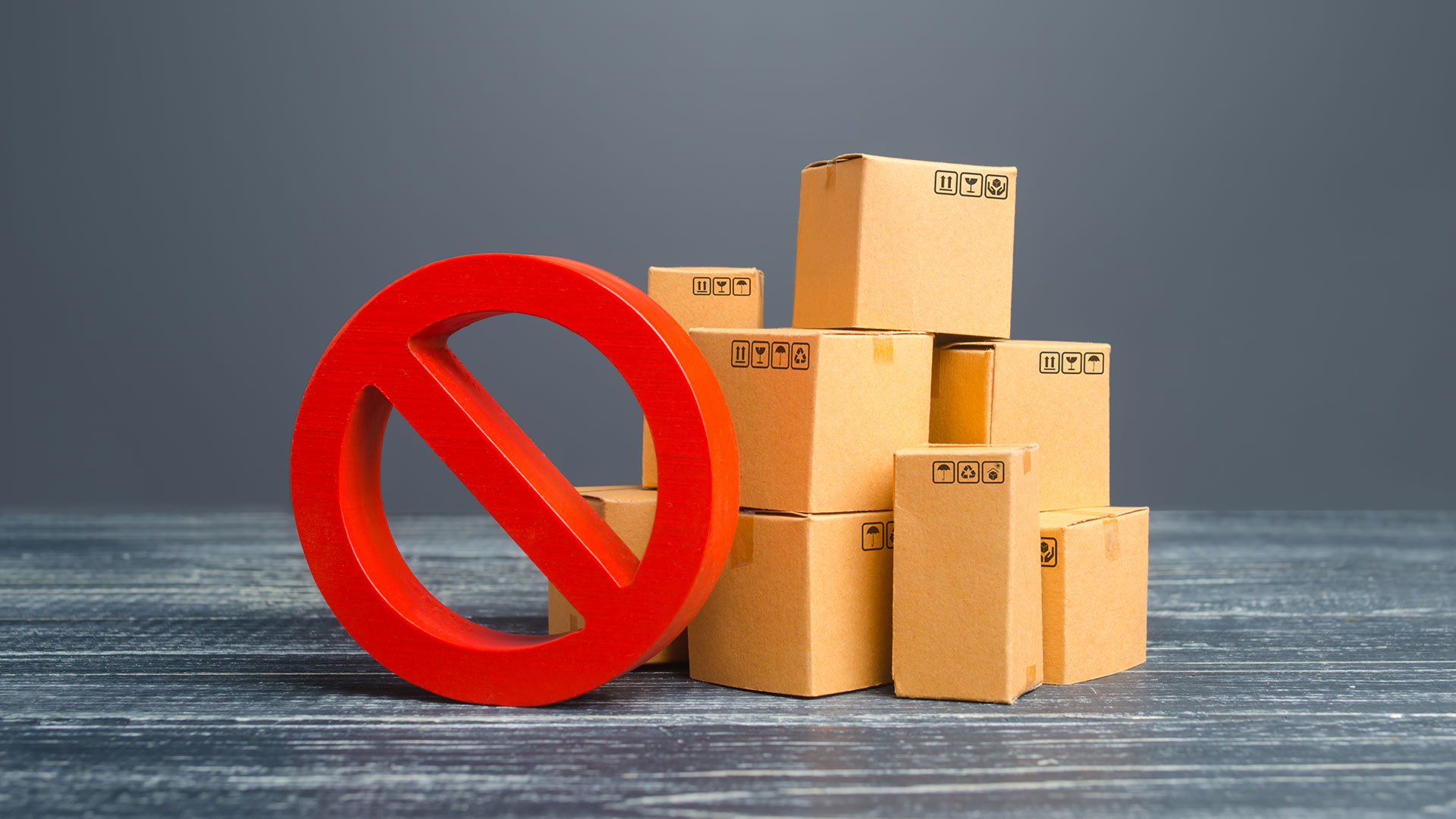The European Union is set to ban products that have been made with forced labour, a move that will affect products from anywhere in the world, including the EU. The action, however, has been widely interpreted as a response to concerns of human rights abuses in China’s Xinjiang province.

The European Commission (EC) announced that it is moving to ban products that have been made with forced labour from the EU, an action that will affect products from all over the world. The ban, however, comes at a time of increasing focus on alleged human rights abuses in China’s Xinjiang Uyghur Autonomous Region, with a critical report by the UN Human Rights Office, as well as US legislation that bans outright the import of products from that region.
The EC explained that its ban builds on the work the EU has already taken to support the goals of the International Labour Organisation and the World Trade Organisation on addressing forced labour. While previous action may have focused on the risk of forced labour in businesses, this ban will target the products themselves from being imported (and also exported – if they have been made within the region) from the EU. National authorities will be given the powers to remove the products from circulation and customs agencies will be able to stop the products at EU borders.
The EC, according to a statement, said the proposed action will cover all products and will not target specific companies or industries. It is expected the action will cover products where forced labour has been used in any part of the process of producing, manufacturing and distributing them.
Reuters reported, according to documents its reporters had seen, that the move was mostly targeting large companies, particularly importers, manufacturers, producers and product suppliers. The EC said in a statement that forced labour affects many sectors and the initiative will cover all of them. It did, however, highlight a few: “Some service sectors, textiles, mining and agriculture are among the sectors where forced labour has frequently been reported.”
The details of the proposal still need to be decided, and also agreed by the European Parliament and the Council of the European Union before it becomes law.
According to figures from the International Labour Organisation, approximately 27.6 million in the world are working under forced labour, which is defined as work that is not done voluntarily and is done under the threat of penalty.
The EU action covers forced labour all over the world and is not explicitly targeting any country. However, Reuters reported – citing documents – that the move was driven by concerns about alleged abuses in China’s Xinjiang province. It also comes in the context of decisive action by other authorities. At the end of August, the UN Human Rights Office published its report on the allegations of human rights violations against Uyghurs and other predominantly Muslim communities and noted “severe and undue restrictions on a wide range of human rights.”
The Chinese government responded with an emphatic denial of the claims: “Based on the disinformation and lies fabricated by anti-China forces and out of presumption of guilt, the so-called ‘assessment’ distorts China’s laws and policies, wantonly smears and slanders China, and interferes in China’s internal affairs.”
Meanwhile, the US has taken specific action against the region, with the Uyghur Forced Labour Prevention Act, which was signed into law by President Joe Biden in December 2021. The law bans products from the Xinjiang province from being imported to the US. This move is very specific and targeted in nature – unlike the generic EU approach. Many observers comment that the EU approach is less likely to raise the hackles of Chinese diplomats, while others are suggesting they have already been raised.